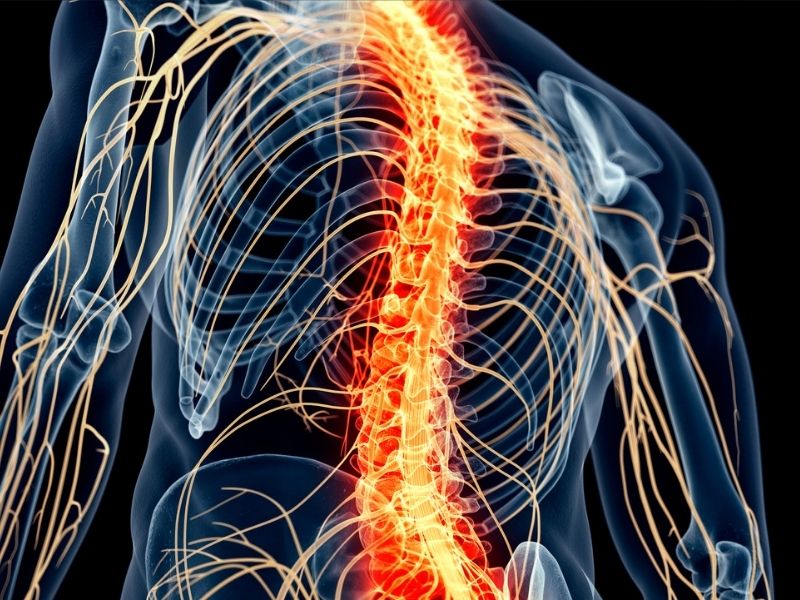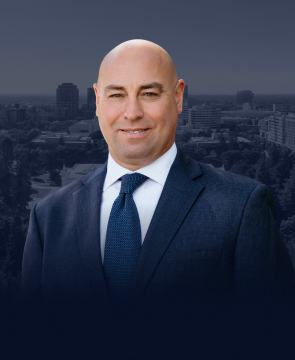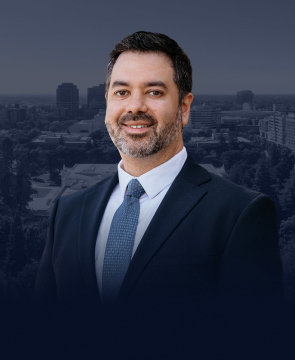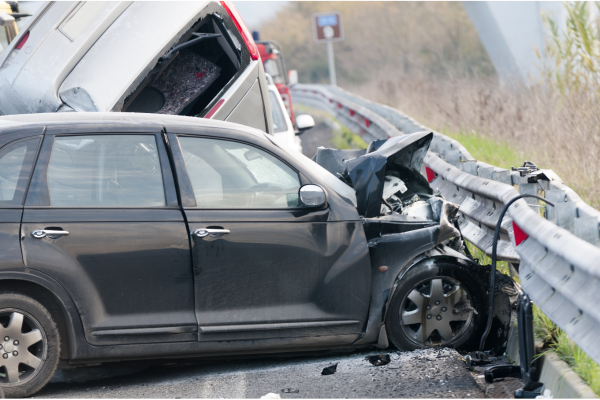Estimates suggest that 294,000 people live with a spinal cord injury in the U.S. today. More than 17,800 new cases are reported every year. Though every spinal cord injury is different, all can severely affect a patient’s health, wellbeing, and quality of life.
At Demas Law Group, we understand how devastating a spinal cord injury can be for accident victims and their families. Rebuilding your life is not a simple task, especially when facing massive medical expenses and trying to coordinate care to meet your needs. If someone else is responsible for your spinal cord injury, you could be entitled to compensation to help manage these expenses and relieve your financial burdens.
Our Sacramento personal injury attorneys are here to support you and fight for the money you deserve. Call or contact us for a free case review.
What are the Most Common Causes of Spinal Cord Injury?
Many spinal cord injuries are the result of traumatic accidents such as:
- Car accidents
- Truck accidents
- Motorcycle accidents
- Bicycle accidents
- Boating accidents
- Bus accidents
- Pedestrian accidents
- Train accidents
- E-scooter accidents
- Construction accidents
- Slip and fall accidents
- Workplace accidents
- Elevator/escalator accidents
- Swimming pool accidents
- Defective product accidents
Signs and Symptoms of a Spinal Cord Injury
Common symptoms of a spinal cord injury include:
- Inability to move
- Muscle weakness
- Lack of coordination
- Reduced or altered sensations of touch, heat, or cold
- Loss of bladder or bowel control
- Muscle spasms or exaggerated reflexes
- Impaired breathing
- Problems coughing or clearing the lungs
- Pain or pressure in the neck or back
- Changes in sexual function or sensitivity
- Odd positioning or twisting of the neck or back
How is a Spinal Cord Injury Diagnosed?
Doctors who suspect a patient has suffered a spinal cord injury must perform a physical exam to test the person’s motor and sensory functions. Physicians will also order diagnostic imaging scans, including X-rays or CT scans, to reveal fractured or displaced vertebrae or an MRI to view the damage to the spinal cord itself.
What is the Immediate Treatment for a Spinal Cord Injury?
Immediate treatment for a spinal cord injury focuses on minimizing the effects of the injury, preventing further damage, and avoiding complications such as respiratory or cardiovascular difficulty, blood clots, or stool or urine retention. The patient may be immobilized or placed in traction to protect the head, neck, and spinal column. Surgery may also be performed to remove bone fragments or foreign objects, repair herniated discs, or stabilize the spine through implants or spinal fusion to prevent future pain or deformation.
Long-Term Consequences of a Spinal Cord Injury
A spinal cord injury can lead to long-term complications, including:
- Partial or total paralysis
- Increased risk of urinary tract infections or gastrointestinal problems due to issues with bladder or bowel control
- Pressure ulcers due to lack of movement
- Increased risk of blood clots or inability to properly regulate blood pressure
- Increased risk of respiratory infections
- Loss of bone density and muscle tone
- Weight gain
- Chronic pain
- Anxiety, depression, and PTSD
Contact a Spinal Cord Injury Attorney
If you or someone you love sustained a spinal cord injury in California, you need a top law firm to stand up for you. Our experienced attorneys will demand maximum compensation for your losses and hold the at-fault party accountable for their carelessness. Call or contact us today for a free case review. There’s no obligation, so you have nothing to lose.










